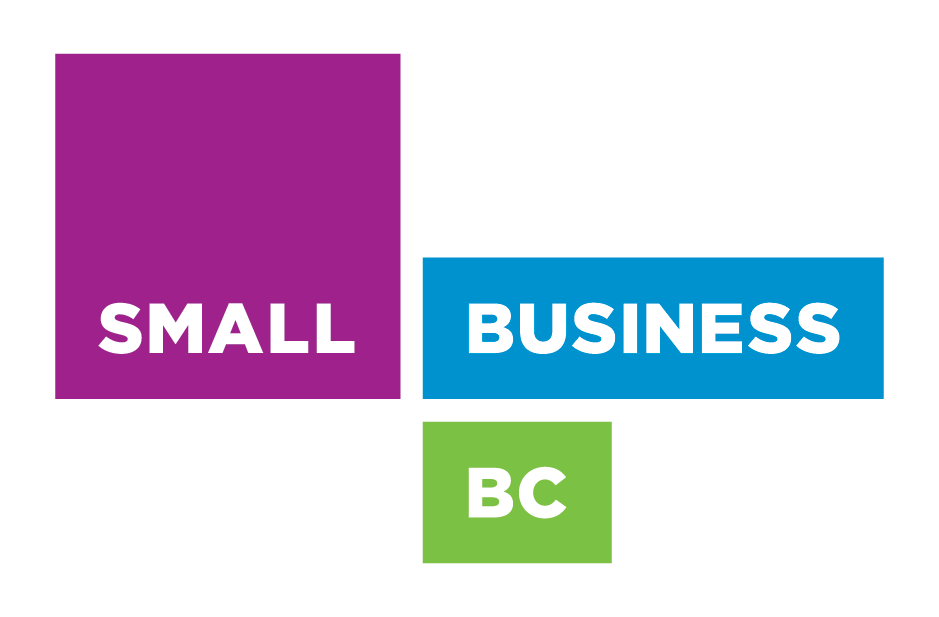Victoria – The Province is beginning a process to phase out B.C.’s mink-farming industry due to ongoing public-health risks associated with COVID-19.
“This decision follows the recommendations of public health officials and infectious disease experts about managing the threat of the virus for workers at the farms and the broader public,” said Lana Popham, Minister of Agriculture, Food and Fisheries. “Our government will work with affected farmers and workers to help them pursue other farming, business or job opportunities that support their families.”
The proposed phase out follows the conditions of the provincial health officer’s order and includes:
- a permanent ban on breeding mink;
- a permanent ban on live mink on farms by April 2023; and
- all operations ceasing completely, with all pelts sold, by 2025.
The decision follows data from the BC Centre for Disease Control, which identified the potential for the SARS-CoV-2 virus to mutate in mink and be passed back to people, along with additional concerns that mutations could have an impact on vaccine effectiveness.
For more information on the phase out, go to:
https://www2.gov.bc.ca/assets/gov/farming-natural-resources-and-industry/agriculture-and-seafood/covid-19/mink_farm_public_bulletin.pdf
Licensed fur farms will be able to receive support through Agriculture income protection (AgriStability):
https://www2.gov.bc.ca/gov/content/industry/agriculture-seafood/programs/agriculture-income-protection-agristabilit
In July 2021, after three of the nine B.C. mink farms had mink and two farms had workers test positive for SARS-CoV-2 during the previous months, the provincial health officer placed a moratorium on any new mink farms in B.C. and capped the number of animals (restricting the acquisition of additional mink) at existing numbers.
After further outreach and discussion with public health officials, animal health experts and mink producers about managing the threat of the virus, public health officials expressed concerns about allowing the farms to continue breeding, including:
- ongoing persistence of infected mink and workers at mink farms contracting SARS-CoV-2 from mink and transmitting on to broader human populations;
- the presence of the highly transmissible Delta variant and the threat of it being introduced in mink farms, even from vaccinated people;
- potential transmission of SARS-CoV-2 from escaped mink to wild animals, which could also pose a risk to public health;
- subsequent mutations of SARS-CoV-2 strains may lead to variants that can spread more easily or could undermine the effectiveness of the COVID-19 vaccination program in British Columbia; and
- challenges with maintaining strict biosecurity measures and monitoring programs over the longer term.
The transition period allows the nine operating mink farms in B.C. time to plan for the closure of their farms. During this time, Fraser Health, WorkSafeBC and the Province will continue to ensure biosecurity measures are in place to protect workers and families on the farms, as well as to make sure each farm is taking all necessary precautions to reduce the risk of spreading SARS-CoV-2 through human-to-animal or animal-to-human transmission.
Zoe Peled with Ban Fur Farms BC released a Facebook statement:
Dr. Bonnie Henry and Hon. Lana Popham held a joint press conference to share an announcement: BC will phase out mink farming, with an absolute closure of all operations and pelt sales by 2025!The steps of the phase out will include a permanent ban on breeding mink, a permanent ban on live mink on farms by April 2023, and all operations ceasing by 2025. As this does not include a BC chinchilla farm, nor other hypothetical future farms, there is still work to be done. We will keep you apprised of any updates, and would like to extend our gratitude to the many individuals, organizations and activists who have been working tirelessly to keep this subject on high volume. Until all fur farms are banned we will not rest, but for now: VICTORY.
From Humane Society International/Canada HSI
In the wake of multiple outbreaks of COVID-19 on BC fur farms–and a recent incident in which infectious mink escaped from a quarantined facility–the provincial government has announced a phase out of mink farming by April 2023. In the past 18 months, hundreds of COVID-19 outbreaks have occurred on mink farms globally, with dangerous mutations of the virus occurring in some facilities and being transmitted back into the human population.
“It is the abysmal conditions and horrendous suffering on factory fur farms that make these facilities incubators for COVID-19 and other respiratory illnesses. Mink farming is exceptionally cruel, intensively confining highly intelligent, semi-aquatic wild animals and denying them their most basic of needs, said Rebecca Aldworth, executive director of HSI/Canada. “The COVID-19 pandemic has redefined our relationship with animals and our environment, calling into question many former practices. In protecting both people and mink, the BC government has shown tremendous leadership and set an important example for the rest of the nation to follow.’
From Animal Wellness Action, the Center for a Humane Economy, and the Animal Wellness Foundation:
Animal Wellness Action, the Center for a Humane Economy, and the Animal Wellness Foundation applaud the announcement by the provincial government of British Columbia that it would bring mink farming to an end by 2025. This represents the first action by a North American governmental entity to address the public health threat posed by mink farms by sunsetting the entire industry.
“British Columbia did the right thing for public health and animal welfare by taking decisive action to end mink farming,” said Scott Beckstead, director of campaigns for Animal Wellness Action and the Center for a Humane Economy. “The province’s decision sets an example to spur the United States into action by passing the MINKS Act (H.R. 4310), a bill currently pending in the U.S. House, that would similarly bring mink farming in the U.S. to an end.”
Introduced in Congress by Congresswoman Rosa DeLauro, D-Conn., Chair of the House Appropriations Committee and Chair of the Labor, Health and Human Services, and Education Appropriations Subcommittee, the MINKS Act has since its introduction gained additional sponsors from both parties.
In response to at least three Covid-19 outbreaks on British Columbia mink farms, the province’s Minister of Agriculture Lana Popham announced that the province of British Columbia will be phasing out mink farming with an absolute closure of all operations and pelt sales by 2025. In her announcement, Popham noted, “This decision follows the recommendations of public health officials and infectious disease experts about managing the threat of the virus for workers at the farms and the broader public.”
Other nations took similar action following outbreaks. Denmark, the world leader in mink pelt production, ordered the culling of over 17 million mink and the shuttering of over a thousand farms after Danish scientists discovered that farmed mink are capable of catching the virus from humans, then transmitting it back to humans in variant form that could resist vaccines or antibodies. Other nations, including The Netherlands, Poland, Lithuania, and Sweden, have also ended their mink farm industries following outbreaks of the disease.
Thus far, US authorities have largely helped protect the dwindling fur industry, rather than protect public health. When Animal Wellness Action and the Center for a Humane Economy contacted authorities at the Center for Disease Control and the U.S. Department of Agriculture, as well as the governors of the leading mink-producing states, to recommend action to end mink farming, they were met with bland statements and a glaring lack of action.
State agriculture agencies likewise have largely ignored calls for ending the mink farm industry, instead relying on mink vaccines to address the public health threat – a measure that could actually cause more problems than it solves, according to Dr. Jim Keen, director of veterinary science for Animal Wellness Action. “We know that this innovative pathogen finds ways around immunological prophylaxes,” he said. “The mink vaccines could actually make matters worse by prompting the virus to mutate into a variant that defies the vaccine and is then transmissible back to humans, perhaps in an even more dangerous form.”












